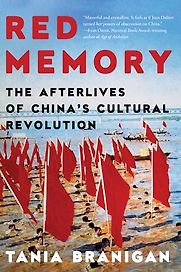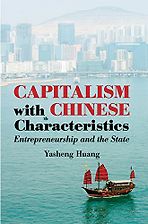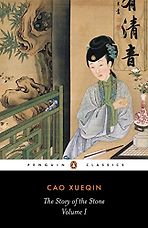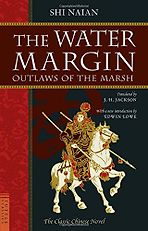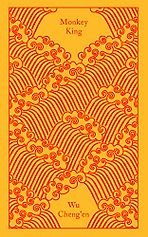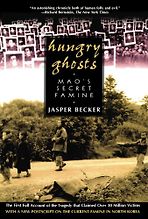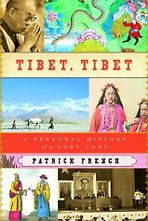Red Memory: The Afterlives of China's Cultural Revolution
by Tania Branigan
🏆 Winner of the 2023 Cundill History Prize
If you want to understand China, there is one piece of its history that you must understand, and that’s the Cultural Revolution. Nothing about the present makes sense without it. More than 100 million people were affected and yet, unlike Rwanda, South Africa or Germany post-World War II, China has yet to come to terms with what happened during those ten years of chaos.
Recommendations from our site
“What Red Memory does very powerfully, as many specialist works on the Cultural Revolution have done before it, is to show that one of the deeply disturbing things about that decade was that people could begin on one side of the perpetrator-victim divide and end up on the other or flip back and forth between them. It’s a real mistake to try to divide up the people who suffered and the people who caused suffering because it was often members of the same family who were affected in different ways, and there were individuals who were victims and victimizers during different parts of their lives. Efforts to simplify this complicated event creates real problems for understanding China.” Read more...
Jeffrey Wasserstrom, Historian
“Tania Branigan was a journalist for The Guardian in China and what she realised is that there was this spectre she kept encountering, which was the unspoken legacy of the Cultural Revolution. It was obvious everyone knew, but no one wanted to dwell on it, or talk too much about it. It was a mass, collective experience, so most people she was encountering had either been through it themselves or their parents had been through it. Essentially, it has deformed Chinese society. The book goes right through to President Xi, whose father had been a big wheel in the Communist Party. He then fell from favour and was persecuted in the Cultural Revolution, as was Xi himself. Now he’s behaving with ever-increasing authoritarian tendencies, which is quite strange.” Read more...
The Best Nonfiction Books: The 2023 Baillie Gifford Prize Shortlist
Frederick Studemann, Journalist
“Basically, the book explains to us how China moved from Mao to market, from community to individualism, and from famine—triggered by the Cultural Revolution—to excessive consumerism. The book is accessible, and sheds light on that dark moment in Chinese history that continues to influence the way China and Chinese society perceive themselves in the 21st century.” Read more...
The 2023 British Academy Book Prize for Global Cultural Understanding
Madawi Al-Rasheed, Anthropologist
“If you’re interested in China, a new book to read is Red Memory by Tania Branigan, a journalist for the Guardian. It’s about the Cultural Revolution (1966-76) and when or if the Chinese people can come to terms with the terrible things that happened. As many as two million people were killed and a further 36 million hounded, largely on the basis of ‘thoughtcrimes.’ The book explains what the Cultural Revolution was while mixing in personal stories and its relevance to current Chinese politics. As Branigan writes, ‘It is impossible to understand China today without understanding the Cultural Revolution….In some regards it echoes Stalinist purges, but with enthusiastic mass participation.'” Read more...
Notable Nonfiction of Early 2023
Sophie Roell, Journalist
Our most recommended books
-

Capitalism with Chinese Characteristics
by Yasheng Huang -

The Story of the Stone (also called Dream of the Red Chamber)
by Cao Xueqin -

The Water Margin
by Shi Naian & translated by J M Jackson -

Monkey King: Journey to the West
Wu Cheng'en, translated by Julia Lovell -

Hungry Ghosts
by Jasper Becker -

Tibet, Tibet
by Patrick French
